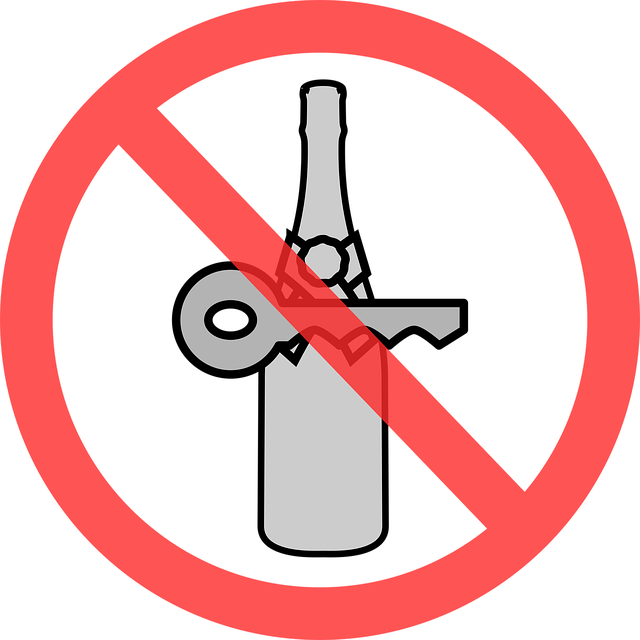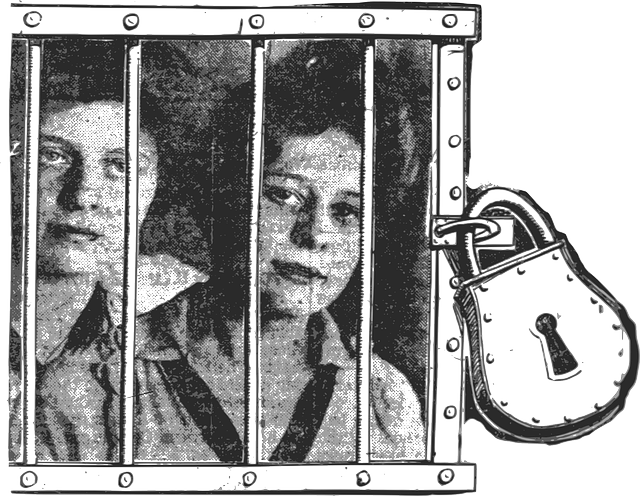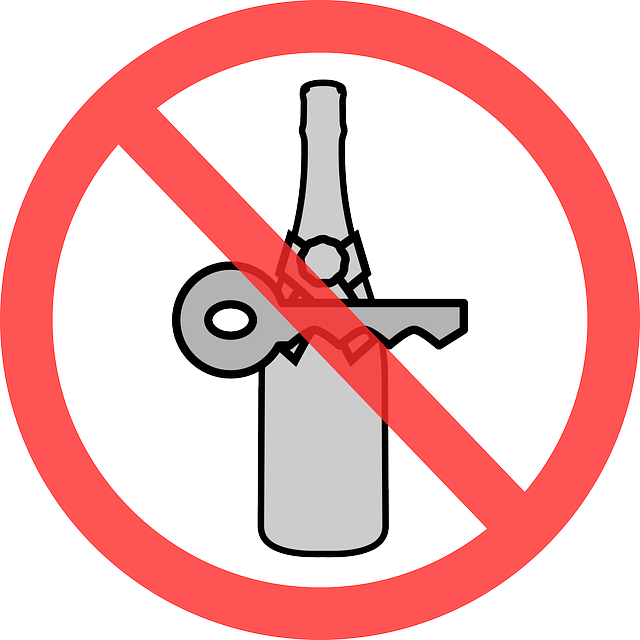Youth Justice focuses on fair, accountable treatment of young individuals, especially those with mental health conditions that impact decision-making like impaired driving. Integrating mental health screening, early intervention, counseling, and public education is crucial to address elevated risk factors associated with untreated mental health issues in youth drivers.
Youth justice and fair treatment are paramount in shaping equitable societies. This article delves into these concepts, focusing on understanding their significance in addressing youth misconduct. We explore a critical intersection: mental health and impaired driving. These issues often coexist, creating complex challenges for the justice system. By examining this nexus, we aim to highlight the need for compassionate, evidence-based approaches that consider both public safety and the rehabilitation of young individuals grappling with mental health concerns and substance abuse.
- Understanding Youth Justice and Fair Treatment
- Mental Health, Impaired Driving: A Complex Intersection
Understanding Youth Justice and Fair Treatment

Youth Justice is a complex field focused on ensuring fairness and accountability in the treatment of young people, especially those who come into contact with the law. This includes understanding and addressing the unique needs and challenges faced by youth, such as mental health issues and impaired driving. In the context of fair treatment, it’s crucial to recognize that young individuals may have different circumstances and underlying factors contributing to their actions compared to adults.
Mental Health plays a significant role in Youth Justice, as many young people struggle with undiagnosed or untreated conditions that can impact their decision-making abilities and behavior. Impaired driving, for instance, might be linked to a youth’s mental health issues, requiring a nuanced approach that considers rehabilitation and support rather than strict punishment. Fair treatment involves recognizing these complexities and providing appropriate resources and interventions to help young people overcome challenges and contribute positively to society.
Mental Health, Impaired Driving: A Complex Intersection

The intersection of mental health and impaired driving is a complex and pressing issue, particularly when considering youth justice. Studies show that individuals with undiagnosed or untreated mental health conditions are at a higher risk of engaging in risky behaviors, including driving under the influence. This is especially concerning for young people, who may not fully grasp the consequences of their actions or struggle to access adequate support systems. Mental health challenges can impair judgment, making it difficult for youth to make safe decisions on the road.
Addressing this complex issue requires a multifaceted approach. Youth justice systems must prioritize mental health screening and early intervention to identify and support young drivers with underlying conditions. Equitable access to counseling, therapy, and medication management can significantly reduce the likelihood of impaired driving among vulnerable youth. Additionally, public education campaigns that raise awareness about the link between mental health and risky behaviors can empower young people to seek help and make responsible choices on the road.
Youth Justice Fair Treatment is a complex issue that demands our attention. By understanding the intersection of mental health and impaired driving, we can begin to address disparities and promote more equitable outcomes for young people. Recognizing the challenges faced by vulnerable populations and implementing targeted interventions are essential steps towards a more just and compassionate society. Mental Health and Impaired Driving initiatives must work in tandem to ensure that youth receive the support they need to thrive and make positive choices.






